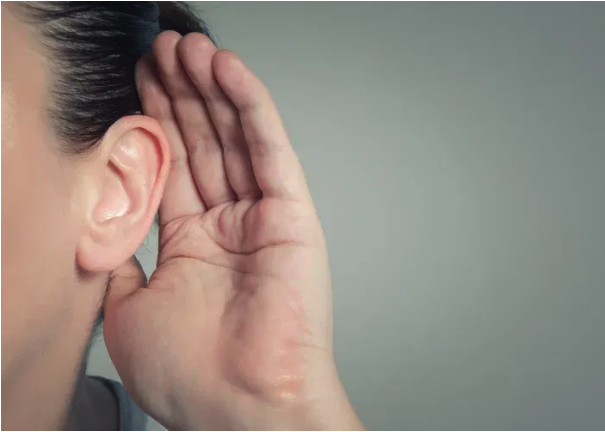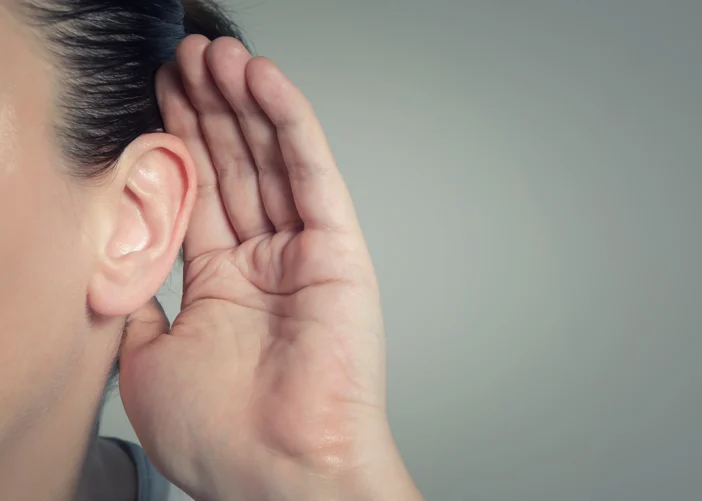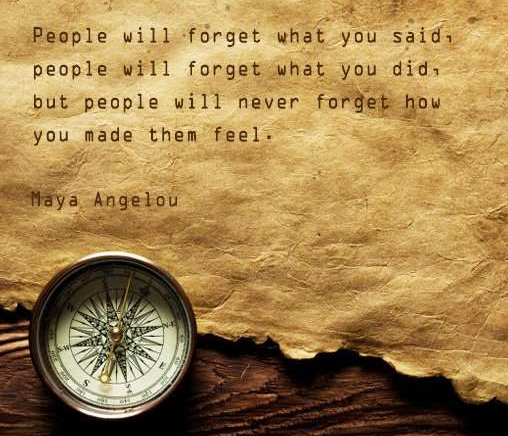Have you mastered this critical skill?

Today I share with you a new initiative designed to support you on your leadership journey; the first edition of my monthly newsletter "Leadership Insights Unlocked”.
This newsletter aims to provide you with curated insights into the world of leadership.
I work with teams and 1:1 with leaders. My lived experience in both leading large teams, and as an executive leader, means I've some authentic insights on the leader’s journey. This newsletter is designed to provide tips to try and ideas to help you navigate challenges and seize opportunities with greater confidence.

It’s never been more difficult for leaders to be good listeners.
A prerequisite to leadership doesn't usually involve attending listening classes...and it's just one of the many things leaders are expected to nail.
I'm sure you've had the following experience, where you're having a conversation, making an important point, and the person you're talking to is distracted by their phone / device buzzing with a notification (be that a text message, email, or any form of distracting notification) and the flow between you… dies. You’re pretty sure you're still being ‘heard’, but no longer actively ‘listened’ to.
Here's a re-cap on the skill of listening effectiveness and some actionable takeaways for you as a leader, from this excellent HBR article by Robin Abrahams and Boris Groysberg.
Nonverbal things you can do…
- Minimize distractions as much as possible (AKA turn your phone on 'do not disturb').
- Monitor your emotions.
- Pay attention to nonverbal cues.
- Offer nonverbal cues that you’re listening — but only if it comes naturally to you.
- Don’t rehearse your response while the other person is talking.
Verbal tips…
- Ask more questions than you think you need to.
- Repeat people’s last few words back to them.
- Don’t “put it in your own words” unless you need to.
- Acknowledge shortcomings.
Read the full article here.
And remember, as Maya Angelou said "people will forget what you said, people will forget what you did, but people will never forget how you made them feel." This is certainly true when it comes to relationships with people who are more interested in their notifications popping up on their device, rather than truly connecting in conversation.
